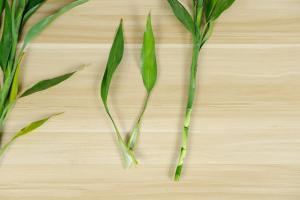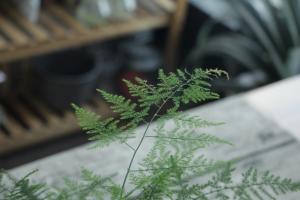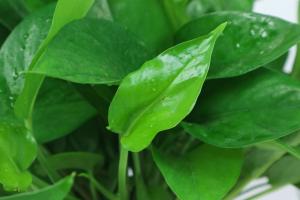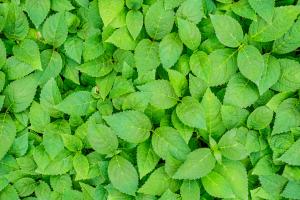Is Soapy Water Bad for Vegetable Plants?
Soapy water is a common household solution to clean dishes, clothes, and even surfaces. But is it safe to use on vegetable plants? This article explores the effects of soapy water on vegetable plants and whether it is harmful or beneficial.
The Pros and Cons of Using Soapy Water on Vegetable Plants
On one hand, soapy water can be effective in getting rid of pests such as aphids, spider mites, and whiteflies. The soap helps to break down the protective waxy coating on the bodies of these little critters, causing them to dehydrate and die. It is also a natural and inexpensive way to control these pests without resorting to harmful pesticides.
However, using soapy water on vegetable plants can have its downsides. The soap can also damage the plant's leaves and roots, especially if used in high concentrations or with certain types of soap. This can lead to stunted growth, yellowing leaves, and even plant death.
What Types of Soaps are Safe to Use on Vegetable Plants?
If you choose to use soapy water on your vegetable plants, it is important to use a mild and gentle soap. Avoid using harsh detergents, dish soaps or laundry soaps, as these can contain chemicals that can harm your plants. Opt for biodegradable and environmentally-friendly soaps that are specifically designed for use on plants.
When preparing the soapy water, use only a small amount of soap mixed in water. A good rule of thumb is to mix one teaspoon of soap per quart of water. Using too much soap can cause damage to your plants, so be careful with the concentration.
The Safe Way to Apply Soapy Water
When applying soapy water on your vegetable plants, it is important to be gentle and careful. Use a soft cloth or sponge to apply the solution evenly on both sides of the leaves, stems, and buds. Be sure to rinse off the soapy residue with clear water after a few minutes to avoid damage to the plant.
It is also a good idea to test the solution on a small portion of the plant first, to ensure that it does not cause any harm. If you notice any negative effects such as wilting or discoloration, stop using the solution immediately.
Alternative Ways to Control Pests in Vegetable Gardens
If you are hesitant to use soapy water on your vegetable plants, there are other natural and safe methods to control pests in your garden. Below are some ideas:
Introduce beneficial insects such as ladybugs and lacewings, which feed on pests such as aphids and whiteflies.
Plant companion plants such as marigolds and garlic, as they repel many common vegetable pests.
Handpick the pests off your plants and dispose of them properly.
Spray a mixture of water and neem oil, which is a natural insecticide that works on over 200 species of pests.
By using these natural and safe methods, you can effectively control pests in your vegetable garden without harming your plants or the environment.
Conclusion
Using soapy water on vegetable plants can be effective in controlling pests, but it can also be harmful if used incorrectly. It is important to use only mild and gentle soaps, and to apply the solution carefully and in moderation. Alternatively, you can use other natural methods to control pests in your garden without risking harm to your plants. By being informed and responsible, you can keep your vegetable garden healthy and thriving.

 how many times do yo...
how many times do yo... how many planted tre...
how many planted tre... how many pine trees ...
how many pine trees ... how many pecan trees...
how many pecan trees... how many plants comp...
how many plants comp... how many plants can ...
how many plants can ... how many plants and ...
how many plants and ... how many pepper plan...
how many pepper plan...
































